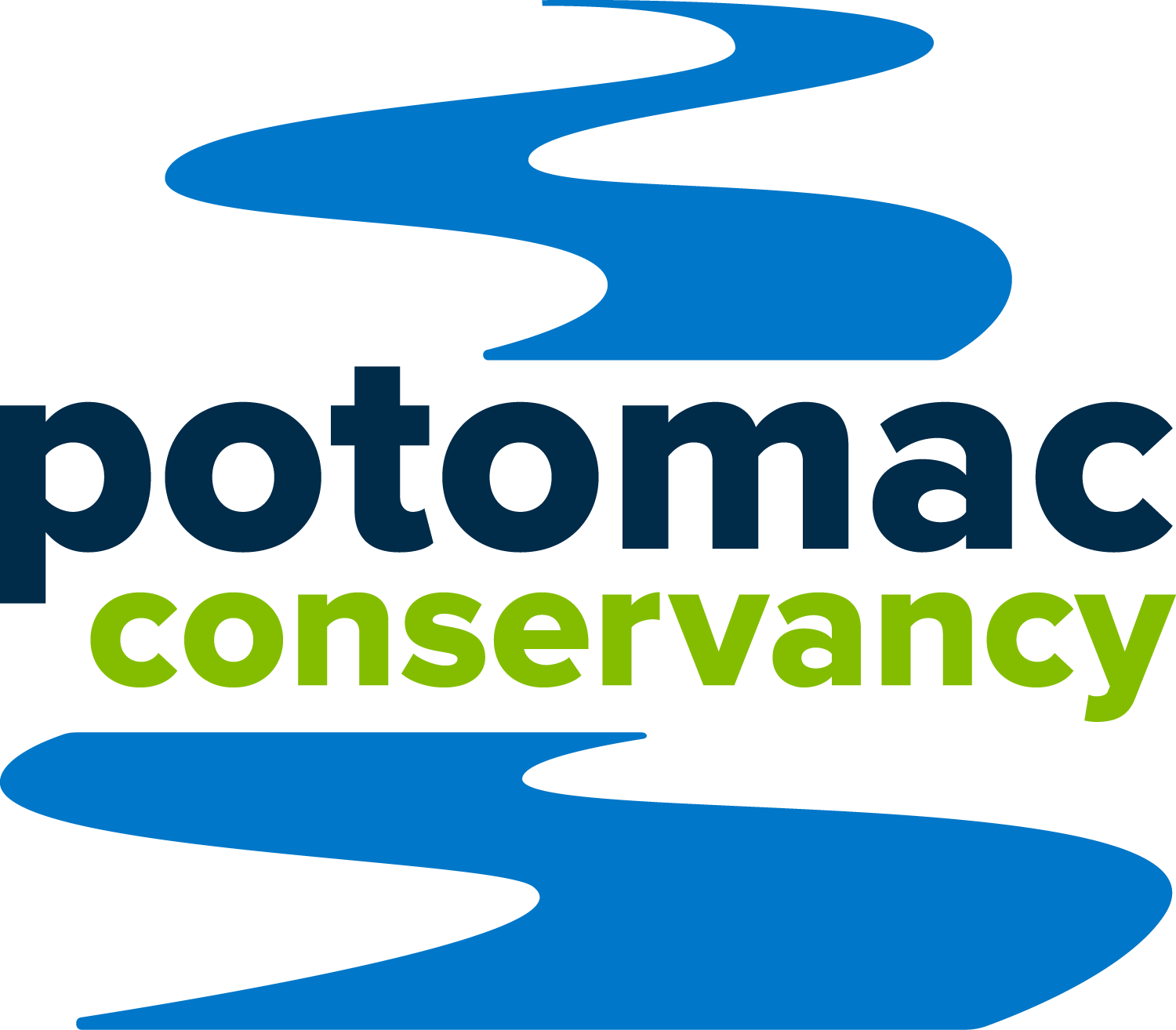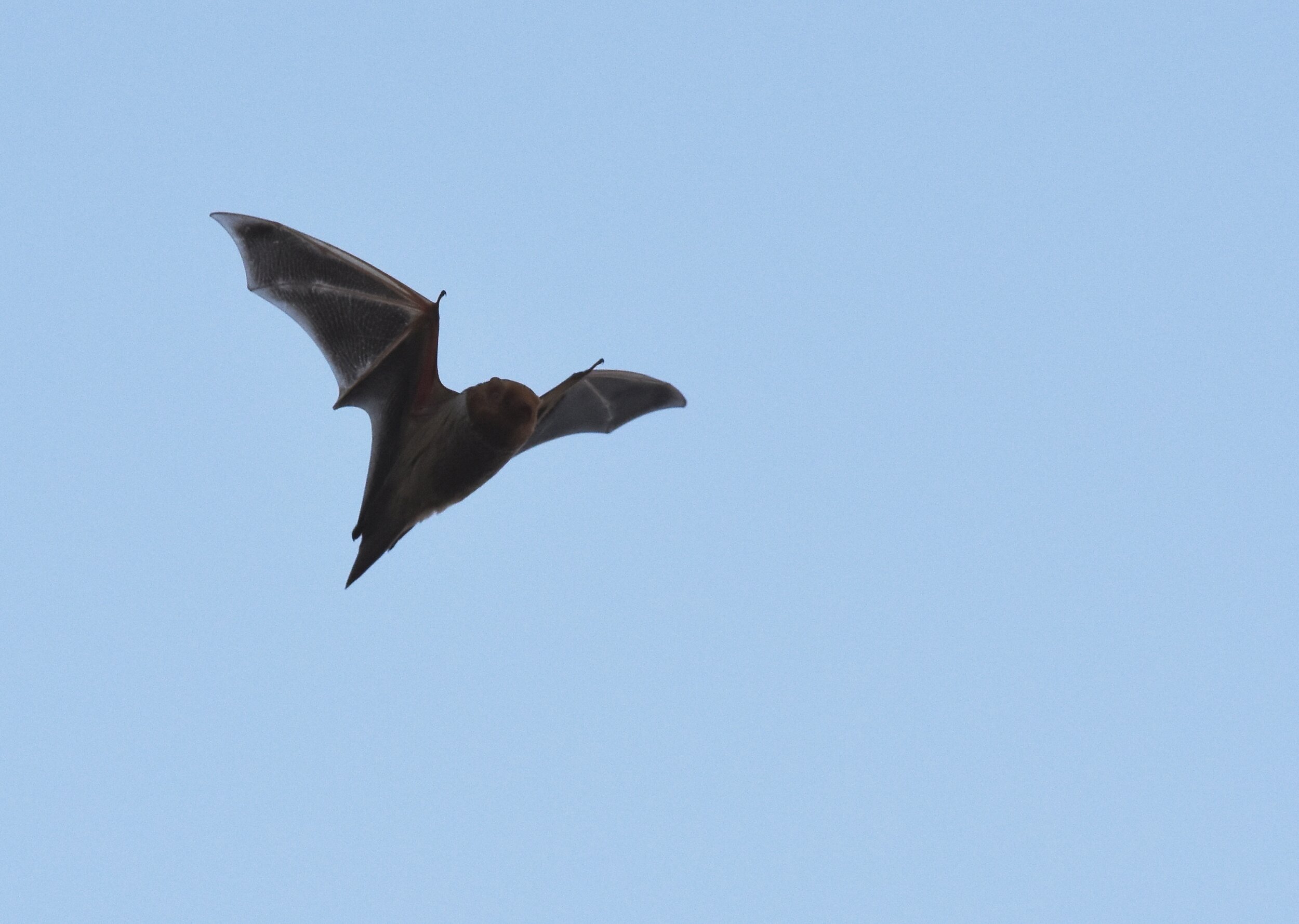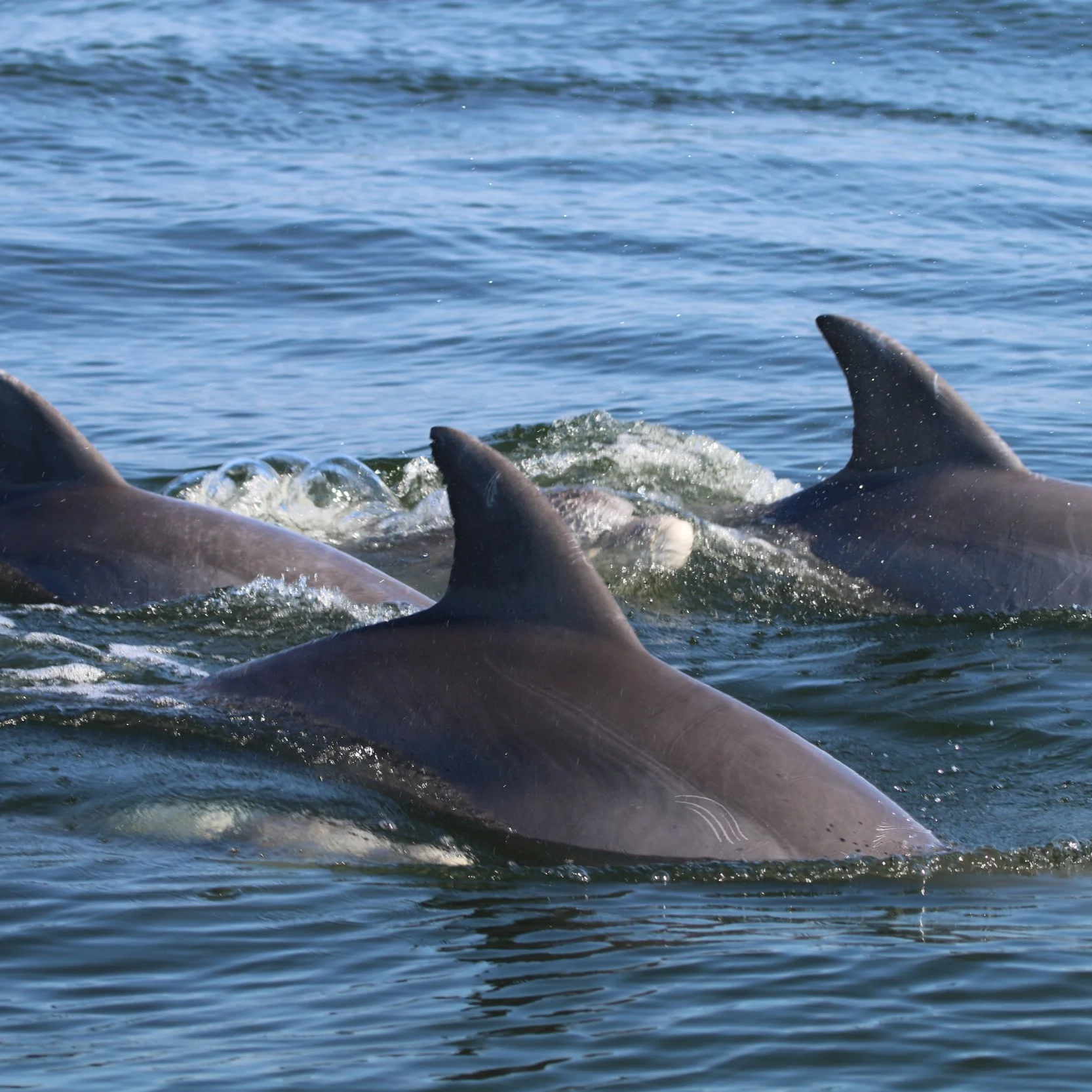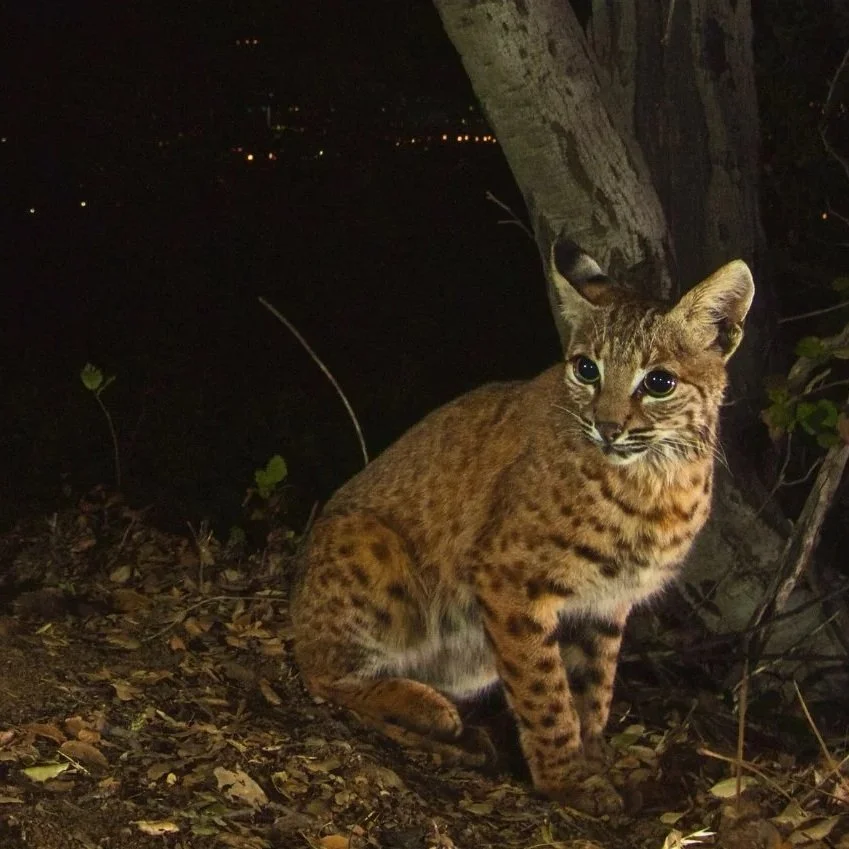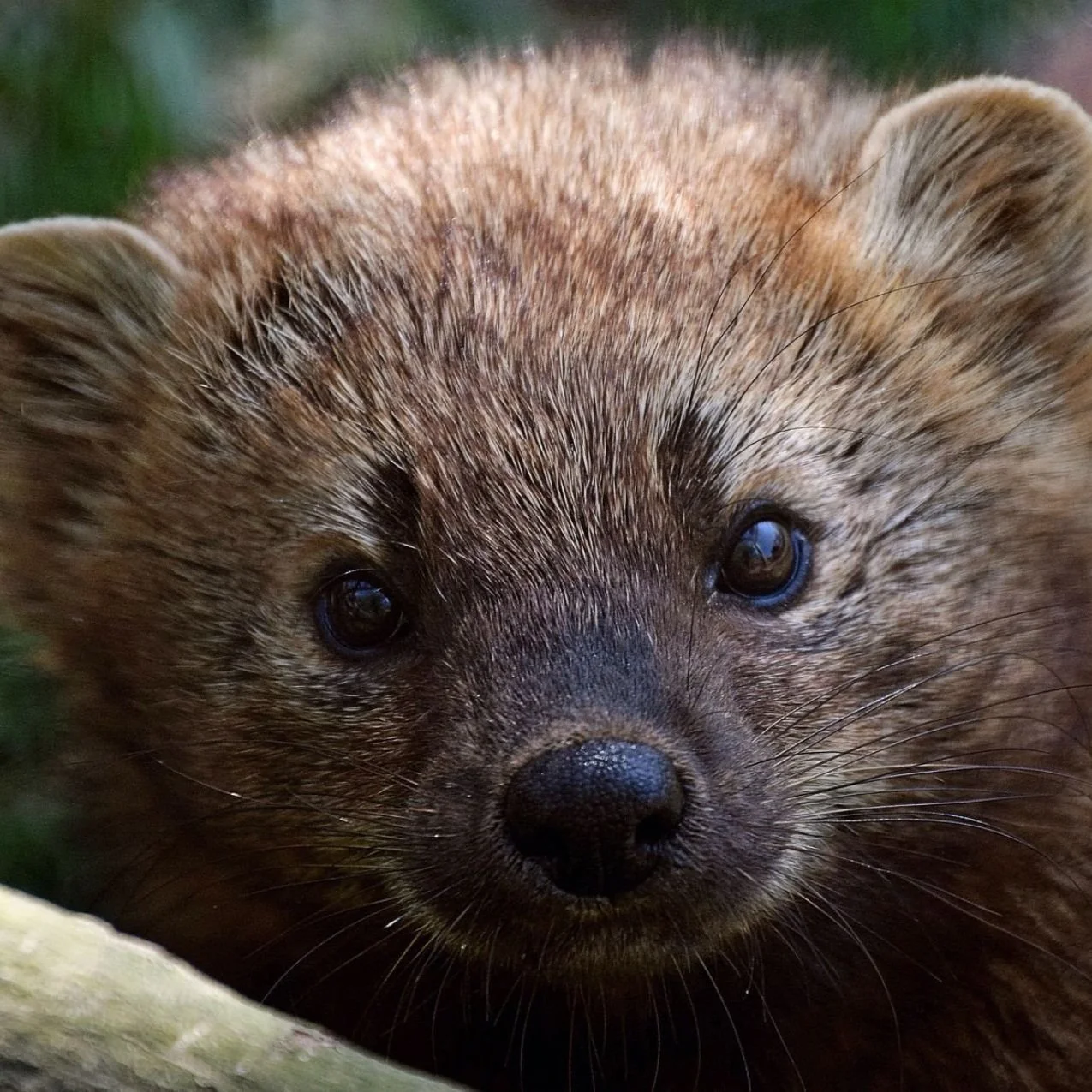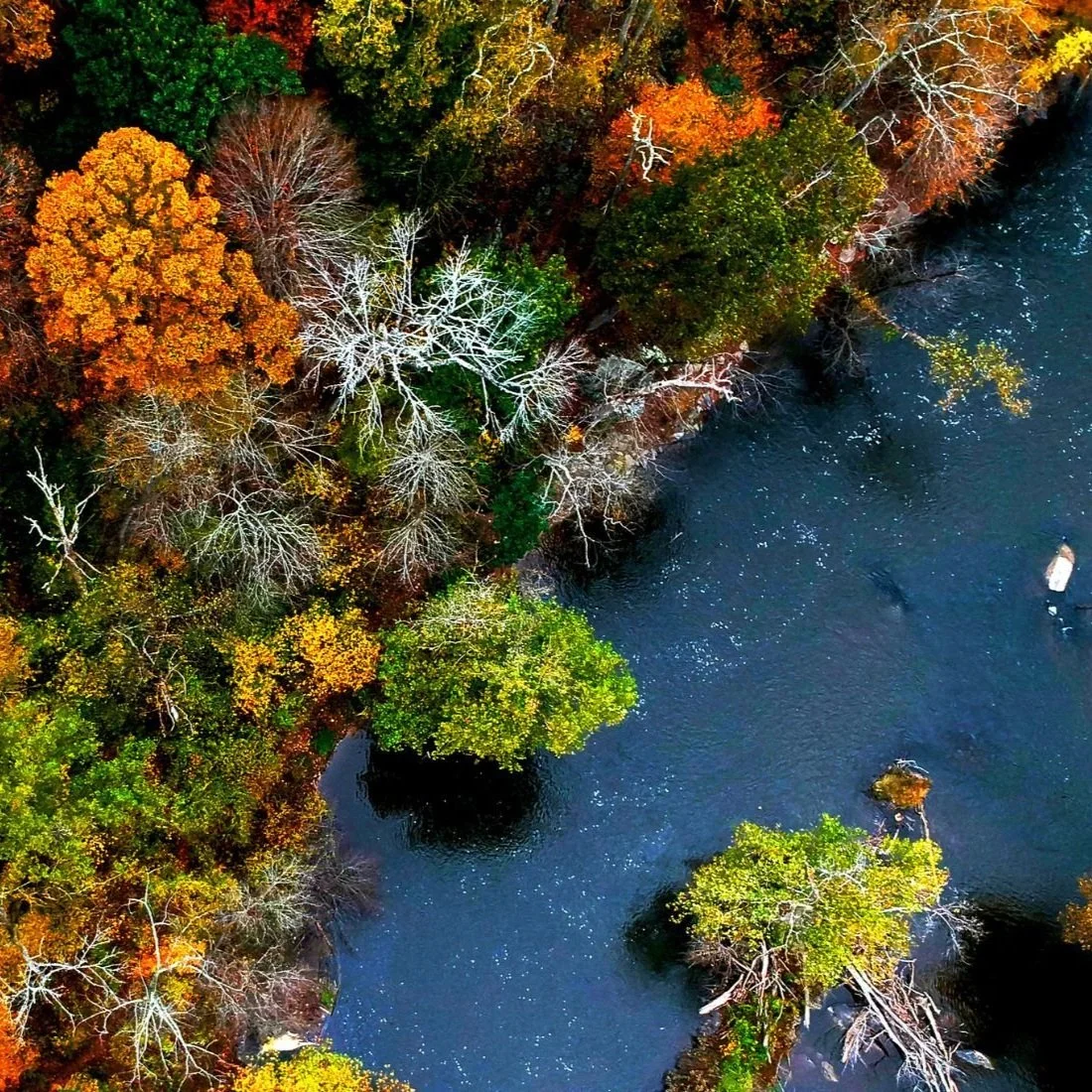Quiz: The bats in your backyard!
/Learn about the local bats you protect when you protect the Potomac River
Eastern red bat in flight. Image courtesy of Andy Reago & Chrissy McClarren/Flickr.
Boy, do bats get a bad rap - even during #BatAppreciationMonth!
Bats are key to a functioning ecosystem in the Potomac River region. Far from being pests themselves, they help control pests by eating insects. You can also thank them for our beautiful local flowers and crops - just like hummingbirds, bees, and butterflies; bats pollinate plants and spread seeds.
Most importantly, we need to give bats a break because many of our local bat species are in decline. In Virginia alone, 7 of 17 species are threatened or endangered.
The good news? Potomac Conservancy’s land conservation work is also saving bats and their habitats. By protecting upstream forests, farms, and streams, we’re addressing the major threats facing bats: like loss of their wooded summer habitat, commercialization of caves, pesticide use, and water contamination.
So take our fang-tastic bats quiz to get to know some of the bats that live on our protected lands!
Now that you’re more familiar with our backyard bats, how can you help them?
Bring them into your backyard…literally. Building bat houses, or simply making your backyard more bat friendly, will provide desperately needed habitat for our beleaguered local bats. Plus, you get a fun quarantine activity and free evening entertainment.
Know what to do if you find a bat in your home or yard. First of all…don’t panic! Bats are losing natural habitat and simply looking for a home. Because so many local bats are threatened or endangered, it’s important to check with your local Department of Natural Resources to know the best course of action.
Support land conservation! By safeguarding the lands and waters that are already providing vital habitat to bats, we can help stop their decline…and help protect and restore the Potomac River.
Sign up today to be a monthly donor to our healthy lands program.

